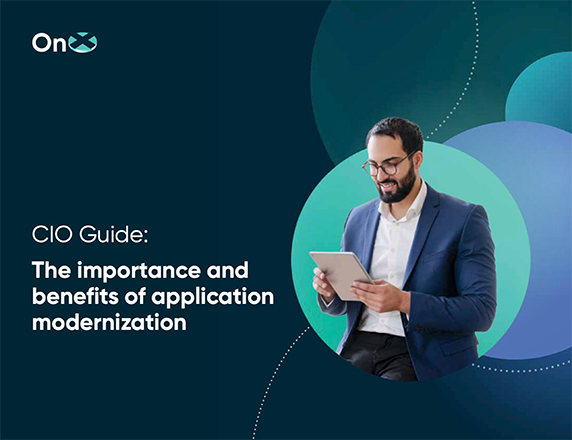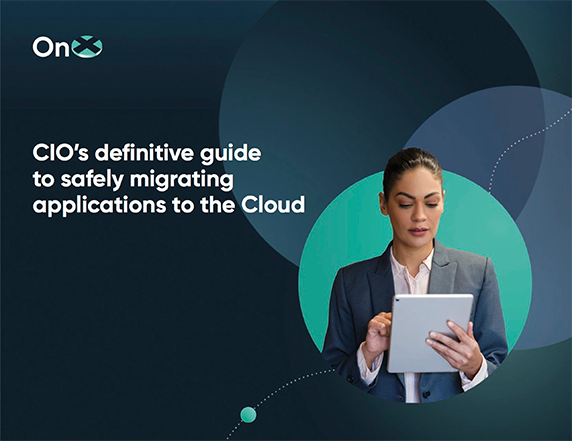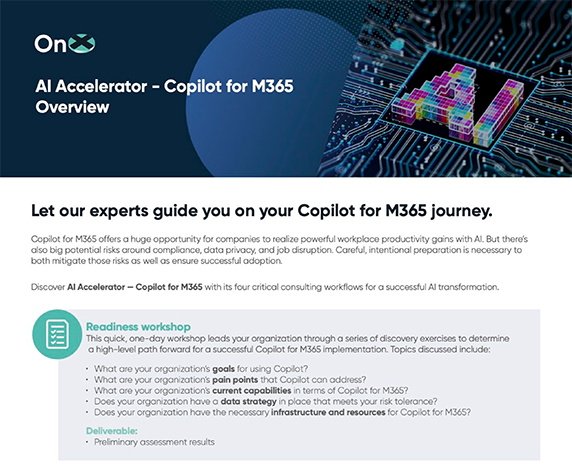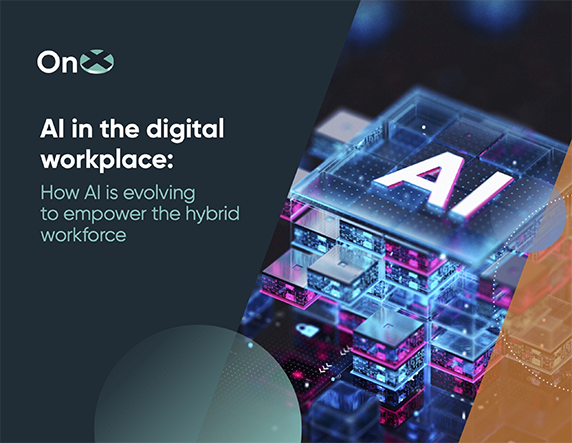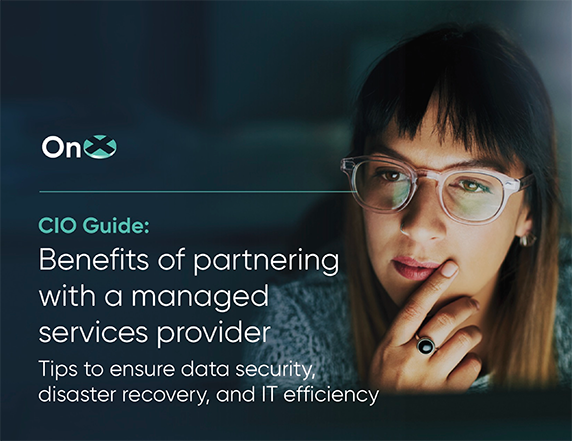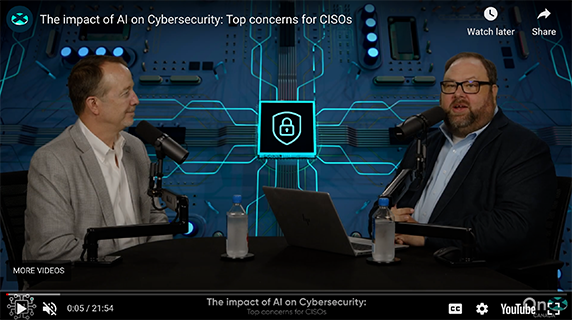
Declines in the costs of bandwidth, computing, and storage make cloud computing more attractive every year. Indeed, maturing cloud technologies are creating economies that encourage outsourcing cloud operations to an expert managed services provider.
These economies become more evident when you compare the costs of owning data centers to the benefits of hiring a managed cloud provider. For instance, Amazon Web Services offers a Total Cost of Ownership Calculator to compare the cost of data centers with the costs of a cloud solution.
The AWS TCO calculator has four core components:
- Servers: CPU cores, gigabytes of memory, database engine variety, virtual machines, and VM usage.
- Storage: raw capacity, storage type, and monthly backup percentage.
- Network: estimated data bandwidth and peak-average ratio.
- IT labor: annual salaries and number of VMs per administrator.
Every IT organization faces unique challenges, so these data points provide only a rough estimate. Moreover, the TCO tool’s results reveal only what AWS thinks you’ll save by shifting resources to its public cloud. You still have to navigate the complexities of outsourcing to a managed cloud provider.
The deeper you delve into the costs of owning data centers, the more likely you’ll be to embrace potential savings with a managed cloud provider. Let’s walk through the major data center costs and the advantages of embracing a managed cloud solution.

Hardware installation, maintenance, and repair
Racks of servers can cost millions of dollars to purchase, install, configure, and maintain. And they’re already closing in on obsolescence the day you install them.
Furthermore, the latest server technologies often provide more computing resources than their owners need. It’s not unusual for in-house IT systems to use an average of 10-20 percent of their total computing capacity, which wastes 80-90 percent of their investment.
Meanwhile, fast-growing companies that hit the limits of their computing capacity must invest in more hardware and personnel to scale up. The time required to install new gear, hire more people, and spin everything up can threaten an organization’s ability to keep pace with demand, which opens opportunities for competitors.
Managed cloud advantage:
Client pay only for the resources they use. They can scale up or down rapidly and don’t have to wait for the construction/acquisition of new buildings and the delivery/installation of new equipment. And professional data center managers take care of the system design, upgrades, and repairs. Finally, the managed cloud provider ensures clients have the latest technology.
Data center construction, power costs, environmental controls
Building a new data center poses a host of tough choices. You can acquire developed real estate for a speedier—and likely more expensive—install. You might save money by developing a new site in a remote location. But you could have to wait many months for a site to be designed, developed, constructed, and fitted out with fiber optics and expensive transmission technologies.
Once your data center is up and running, you pay for electricity twice: once to power the servers and a second time to control the climate within safe parameters. These costs shift constantly depending on the vagaries of international markets for coal, petroleum, natural gas, and other energy sources. The website Data Center Knowledge, which covers the industry, likens the cost of data center electricity to an airline’s fuel expenses.
Managed cloud advantage:
Your managed cloud expert partners with a provider who takes care of all the challenges of building and cooling data centers. That lets you level off the variables in energy prices resulting from location, market shifts, weather, and other factors you cannot predict.
Recruiting, hiring, and managing data center staff
Data center personnel must have specific training and certifications in servers, storage, switches, networks, applications, and security, to name the most common disciplines. Companies across Canada need top IT talent, but companies outside popular tech hubs like Toronto can have a harder time attracting the people they need.
If you’re lucky enough to find good people, then you have to train them and provide for their benefits including retirement, paid vacations, and holidays. They must attend conferences and update their certifications. Raises and bonuses might not be enough to keep them from straying to the competition.
Average base pay for data center administrators is about $60,000 a year, not including benefits, according to Glassdoor.com. A data center director will set you back an average of nearly $150,000 a year, according to Salary.com. These numbers vary widely depending on your industry and location, but they all add up to a significant contribution to data center costs.
Managed cloud advantage:
Finding the right people for your unique IT challenges is your provider’s job. Managed services providers specialize in partnering with IT experts across all the major data center disciplines (and many of the minor ones). They can put people to work 24x7x365, so you don’t have to worry about breakdowns outside of normal business hours.
Security, compliance, offsite data backup, and disaster recovery
Thwarting cybercriminals and maintaining regulatory compliance are full-time jobs in larger IT organizations. Off-site data backup and disaster recovery must be carefully designed, tested, implemented, and maintained to prevent downtime from damaging your business.
These specialties also require people with highly specific training who are available around the clock. If a ransomware attack slams the brakes on your IT operations in the middle of the night during a holiday weekend, you’ll be in a major jam if your IT experts have gone skiing in an area with no cellphone service.
Managed cloud advantage:
Your provider ensures there will always be people with the right training and experience to diagnose a cyberattack or implement a fail-over to a backup system during a crash.
They also have the expertise to make sure your organization is fully in compliance with any industry regulatory standards at all times.
Partnering with OnX for managed cloud solutions
With over 30 years of experience developing, configuring, and managing data centers, OnX has the skills, certifications, and personnel required to deliver robust managed cloud solutions. We provide:
- Data center equipment, security, staff, processes, and monitoring
- A robust and scalable virtualization platform
- SAN-based shared storage
- Implementation on dedicated VLANs to ensure privacy and security
- Elimination of CapEx in favor of a predictable monthly OpEx model
- SLA-based services with monitoring and management of virtual machines
The OnX Managed Cloud Solution takes a holistic approach to using cloud resources where they make the most sense. Our experts can assess your unique business needs and craft and implement a cloud solution that works for your goals, budget, and workloads.
Talk to the experts at OnX about finding the right mix for your cloud transition.
Related OnX Blog posts:

